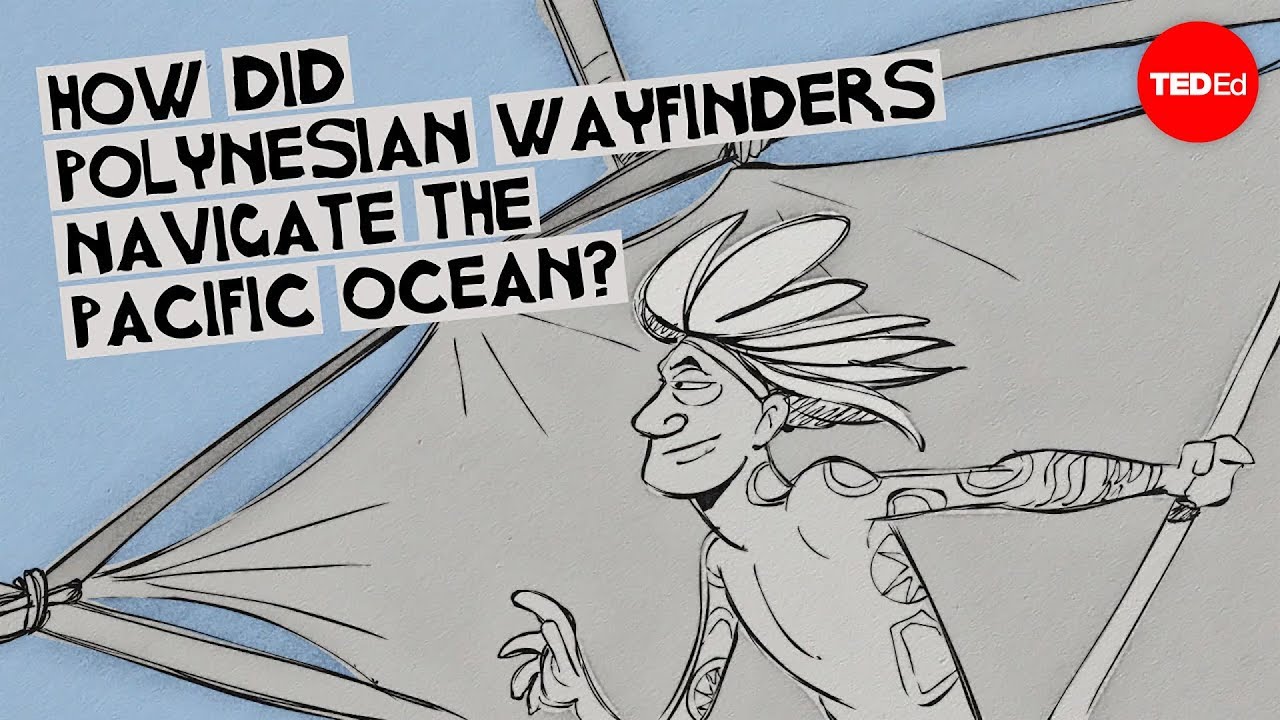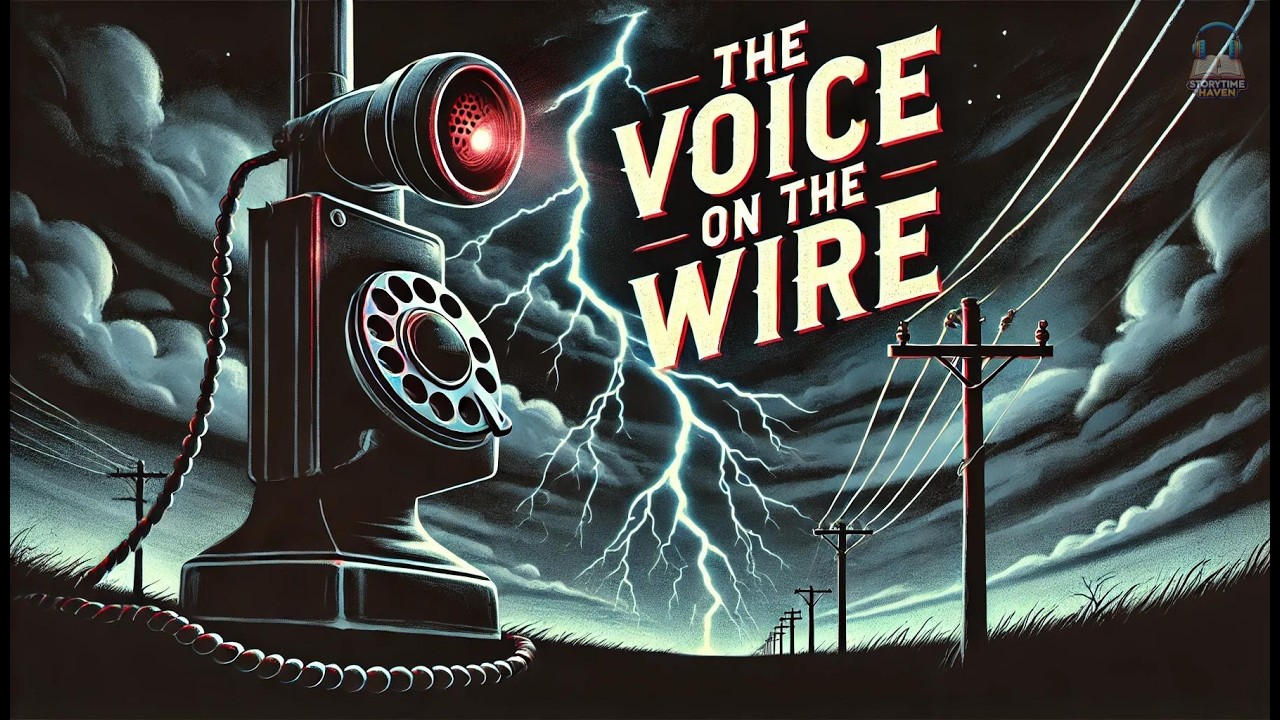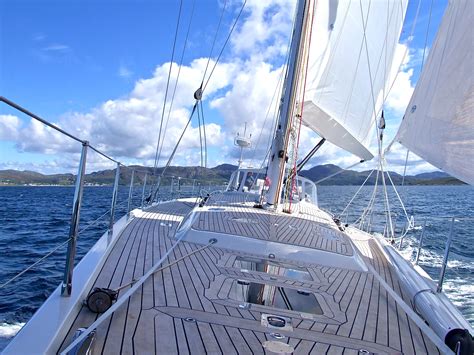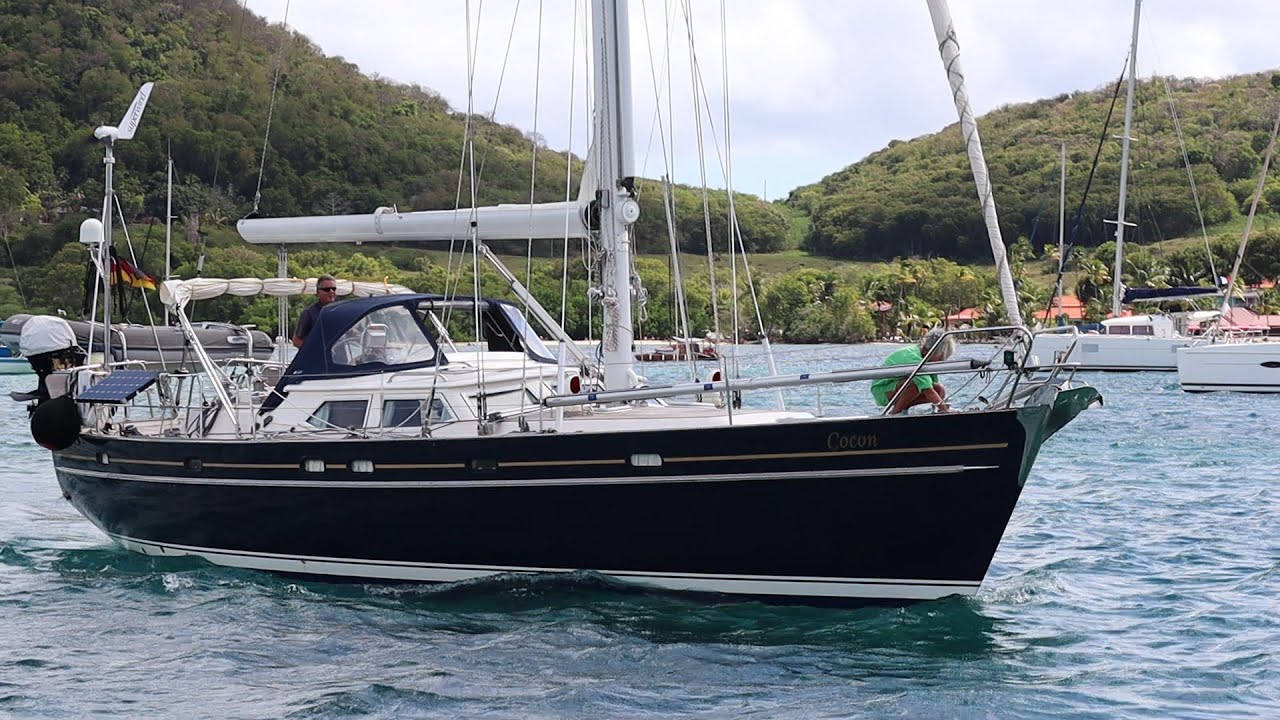Aflați mai multe despre cluburile TED-Ed aici: https://ed.ted.com/clubs Vizitați canalul YouTube TED-Ed Clubs: https://www.youtube.com/channel/UCskU_g7t6b5ecsA1CTS3y9Q Vizualizați lecția completă: https:// ed.ted.com/lessons/how-did-polynesian-wayfinders-navigate-the-pacific-ocean-alan-tamayose-and-shantell-de-silva Imaginați-vă că porniți din Hawaii într-o canoe. Ținta dvs. este o mică insulă aflată la mii de kilometri distanță în mijlocul Oceanului Pacific – un corp de apă care acoperă peste 160 de milioane de kilometri pătrați. Timp de mii de ani, navigatorii polinezieni au reușit astfel de călătorii fără ajutorul mijloacelor moderne de navigație. Cum au făcut-o? Alan Tamayose și Shantell De Silva explică. Lecție de Alan Tamayose și Shantell De Silva, regizat de Patrick Smith. Consultați pagina noastră Patreon: https://www.patreon.com/teded. Mulțumim mult patronilor noștri pentru sprijinul dumneavoastră! Fără tine acest videoclip nu ar fi posibil. Craig Sheldon, Alex Kongkeo, Levi Cook, Peter Koebel, Misaki Sato, Runarm , Maxi Kobi Einy, Ilya Bondarik, Darren Toh, Bozhidar Karaargirov, Boytsov Ilya, Marc Veale, Rodrigo Carballo, Javier Aldavaz, Bruno Pinho, Nick Johnson, Humberto A OjedaGomez, Daniel Day, SookKwan Loong, Jhuval.
source
Cum au navigat navigatorii polinezieni în Oceanul Pacific? – Alan Tamayose și Shantell De Silva

25 thoughts on “Cum au navigat navigatorii polinezieni în Oceanul Pacific? – Alan Tamayose și Shantell De Silva”
Comments are closed.




Super interesting.
because they had Knuckles to show them da wae
it is said that we Polynesians are not separated by our islands, but connected by the ocean
Another Good Consideration is THE MIGRATORY PATTERN OF THE ANIMAL especially BIRDS.
1. SEASONAL : DEFINITELY during the safe soft weather condition.
2. TRANSIT ISLANDS : NO WAY such small animal can travel across the Pacific continuously. They have to stop somewhere where there is fresh water etc, including the bird itself as the food source.
3. WIND DIRECTION : depending on the type of birds.
4. NATURAL NAVIGATION INSTINCT : The ability of animal is unquestionable
This strong Hypothesis is based of the HUGE Continent of The TROPICAL Sundaland. There is no way the Sky as a Good Navigation Guide under the Tropical Canopy NIGHT and DAY
There is NO WAY to know what is on the other side (The Americas) of the Pacific and along the way, as what we are thinking today, EXCEPT knowing that the Birds can survive there and along the way
The Polynesians should've been the ones to colonize Europe
Explain me what is "long pause"
Me name is jeff also great vid I will sub
hey, this reminds me of Moana
fun fact id like to share, austronesian ppl were the first ones to build a boat used for voyaging and traveling. its pretty impressive once u think abt it
So what has Polynesia contributed to today's society? What do we use today because if polynesia ? What could we not live without today because if polynesians ? Nothing … A lot of talk here about how great it is to be polynesian , but all you did was sail to a neighbouring Island and eat the locals … if polynesians never existed my life would be exactly the same …
Mentions more rooted.
Becomes literally.
they simply sing "We know the way" and they'll find the way
Bet it pisses the slavemasters of the world off to no end that they're outclassed by savages in grass skirts.
Other than mythological story telling, I would love to see any tangible evidence supporting that Polynesians were in fact seafarers at all. I know that the more advanced pre Polynesian Lapita seafarers and traders were. The very early Polynesian narrative was they sailed in single hull canoes, which for obvious reasons later evolved into double hull wakas. I would love to see a double hulled ocean going vessel dug up out of the ground, anywhere in Polynesia or NZ. I wonder what happened to the Lapita people? It is said that sailing and navigation was lost to the Polynesians hundreds or possible more than a thousand years ago. Perhaps they never had these navigation skills to begin with. When the Lapita people mysteriously disappeared, so did sailing across the pacific. As evidenced in DNA Polynesians originated in Taiwan, SE Asia, South China and North Phillipines. The indigenous asians in these countries of origin were avid cannibals, as were the Polynesians. The much older Lapita peoples whose Pacific Island settlements have been found across Melanesia, Polynesia and Micronesia did not practice cannibalism, according to archeological records in Vanuatu. U nlike the Polynesians, Lapita made sophisticated pottery covered in amazing art indicating different points of origin. May I suggest Lapita died out because they were eaten by a more violent and militaristic race of peoples. NZ and Maori people we are told was first settled by Polynesians, yet Maori carvings, art, religious mythology, concepts of creation and spirit are far more sophisticated than anything we see across Polynesia. One of the few things Maori do share with Polynesians though is cannibalism. Maori oral mythology does record that other people already lived in NZ before the arrival of the Polynesians. Different Maori tribes had different names for these people such as Urukehu, Patupaiarehe and pakipakiha. I believe the jury is still out on the origins of Polynesians and their purported travels across the Polynesian triangle. I think there is sufficient evidence for inquiry that Lapita and Polynesians while they share some obviously similar bloodlines, are not the same people.
Follow the stars…only round earth its possible. Not a flat one.
Here me who doesn't have 1% knowledge about navigation and thousands of years ago they rocked their adventure with their everyday visualization.
Respect 👏👏
It's amazing that they could find their way around the glove using nothing but the stars, waves and clouds. It's such a shame that we have lost these skills as it would save me a lot of battery power on my iPhone if I could navigate without it!
We've gone dumber.
Polynesian samoa etc are from SUNDA LAND
Go to the university of Hawaii and find out, they learned it again from Mau Pialuk the last remaining voyager from Micronesia.
I've always been curious about how did people manage to reach isolated islands especially pacific islands
The ancient Polynesians are probably the most amazing navigators I can fathom. To use simple tools, the environment, and the sky to traverse an ocean 1/3 the surface area of Earth is nothing short of genius!
They really coexisted with laws of nature
The most resourceful people on the planet, with so little resources they traveled so far.
Now we use street signs on the I5 to find the nearest corn beef cans.